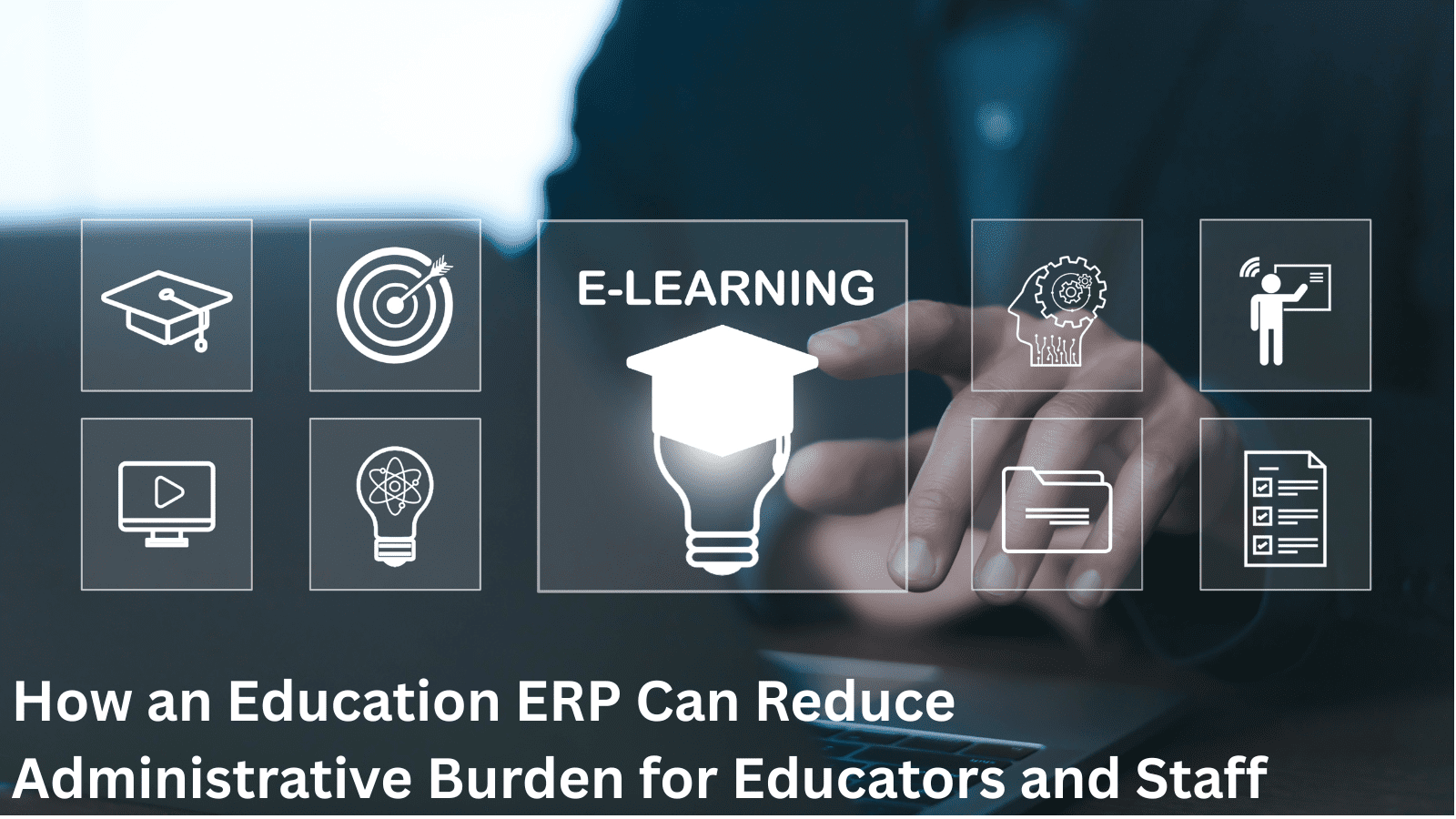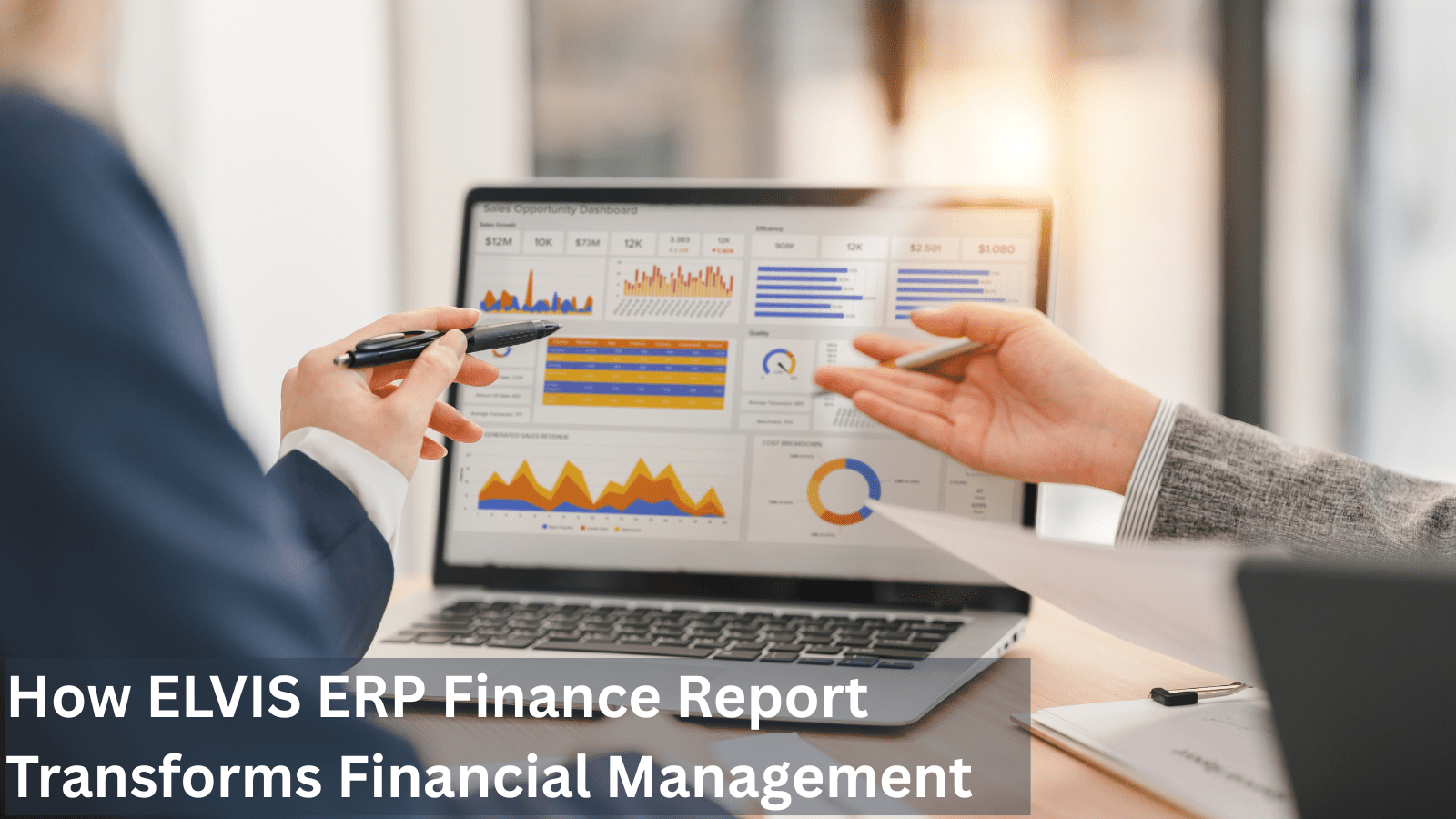Introduction
Today, technology’s role in education is increasingly transformative. Among the various tools available, Education Enterprise Resource Planning (ERP) systems have emerged as a cornerstone for modernizing educational institutions. These systems streamline administrative processes, enhance communication, and provide robust data management capabilities, all of which significantly impact student learning outcomes.
Why Education ERP Matters in Modern Education
Traditional methods of managing educational institutions can be unmanageable and inefficient. Education ERP systems offer a solution by automating routine tasks, reducing paperwork, and providing real-time access to data. This not only saves time but also allows educators to focus more on their primary goal: enhancing student learning and development.
Key Features of Education ERP Systems
- Centralized Database: All data is stored in a single repository, ensuring that information is consistent, up-to-date, and easily accessible.
- Automation of Processes: Routine tasks such as attendance tracking, grade reporting, and scheduling are automated, reducing the administrative burden.
- Customizable Modules: ERP systems are often modular, allowing institutions to choose specific functions that meet their unique needs.
- Analytics and Reporting: Advanced reporting tools provide insights into student performance, financial health, and operational efficiency.
How Education ERP Transforms Student Learning Outcomes
Centralized Access to Information
One of the most significant impacts of Education ERP on student learning is the centralization of information. Students, teachers, and parents can access academic records, schedules, and assignments from a single platform. This transparency fosters a collaborative learning environment where everyone is on the same page.
Streamlined Administrative Processes
Education ERP systems automate many administrative tasks, such as enrollment, billing, and attendance. This automation not only reduces errors but also frees up valuable time for educators to engage more directly with students, thus enhancing the overall educational experience.
Enhanced Communication Channels
ERP systems provide multiple communication tools, including email, instant messaging, and discussion forums. These tools facilitate better interaction between students and teachers, as well as among students themselves, promoting a more cohesive and supportive learning community.
Personalized Learning Experiences
With ERP systems, educators can track individual student performance and identify areas where additional support is needed. This data-driven approach enables personalized learning plans tailored to each student’s strengths and weaknesses, thus fostering better academic outcomes.
Key Benefits of Education ERP for Students
Improved Academic Performance
By providing timely access to resources and feedback, Education ERP systems empower students to take charge of their learning. Real-time access to grades, assignments, and study materials enables students to stay on top of their academic responsibilities and improve their performance.
Greater Engagement and Participation
Interactive features such as discussion forums, online quizzes, and multimedia content make learning more engaging and interactive. This increased engagement leads to higher participation rates and a deeper understanding of the material.
Access to Real-Time Feedback
Education ERP systems facilitate immediate feedback on assignments and assessments. This prompt feedback loop helps students understand their mistakes and improve continuously, fostering a growth mindset.
Increased Efficiency in Learning and Administration
By streamlining administrative tasks, ERP systems allow students and educators to focus more on the learning process. Efficient management of schedules, resources, and communications contributes to a more productive educational environment.
Challenges and Considerations in Implementing Education ERP
Cost and Budget Constraints
Implementing an ERP system can be a significant investment. Institutions must consider the initial setup costs, ongoing maintenance, and potential training expenses. However, the long-term benefits often outweigh these initial challenges.
Resistance to Change
Adopting new technology can be met with resistance from staff and students accustomed to traditional methods. Effective change management strategies and comprehensive training are essential to ensure a smooth transition.
Data Privacy and Security Concerns
With the digitization of student information, ensuring data privacy and security becomes paramount. Educational institutions must implement robust security measures to protect sensitive data and comply with relevant regulations.
Technical and Infrastructure Requirements
Successful ERP implementation requires adequate technical infrastructure and support. Institutions need to assess their current IT capabilities and upgrade them if necessary to support the new system.
Future Trends in Education ERP
Integration with AI and ML
The future of Education ERP lies in the integration of Artificial Intelligence and Machine Learning technologies. These advancements can provide deeper insights into student performance and behavior, enabling more personalized and effective educational strategies.
Mobile-Friendly and Cloud-Based ERP Solutions
As mobile and cloud technologies continue to evolve, ERP systems are becoming more accessible and flexible. Mobile-friendly interfaces and cloud-based platforms allow for any-time, anywhere access, making it easier for students and staff to interact with the system.
Enhanced Data Analytics for Student Performance
Advanced data analytics capabilities are becoming a standard feature in Education ERP systems. These tools can analyze vast amounts of data to identify trends, predict outcomes, and provide actionable insights to improve student learning and institutional performance.
Conclusion
Education ERP systems are revolutionizing the way educational institutions operate, driving significant improvements in student learning outcomes. By centralizing information, automating processes, and enhancing communication, these systems create a more efficient and effective educational environment. As technology continues to evolve, the potential for ERP systems to further enhance education is vast, promising a future where learning is more personalized, engaging, and successful for all students.
Frequently Asked Questions (FAQs)
What is Education ERP?
Education ERP is a software solution that integrates and manages various administrative and academic functions of an educational institution, providing a centralized platform for data access and process automation.
How does Education ERP benefit students?
Education ERP systems benefit students by providing easy access to information, enabling personalized learning experiences, and facilitating better communication and feedback.
What are the challenges in implementing Education ERP systems?
Challenges include the cost of implementation, resistance to change, data privacy and security concerns, and the need for adequate technical infrastructure.
How do ERP systems enhance communication in educational institutions?
ERP systems enhance communication by offering tools like email, instant messaging, and discussion forums, which facilitate better interaction between students, teachers, and parents.
What future trends can we expect in Education ERP?
Future trends in Education ERP include the integration of AI and machine learning, the adoption of mobile-friendly and cloud-based solutions, and the use of advanced data analytics to improve student performance.








